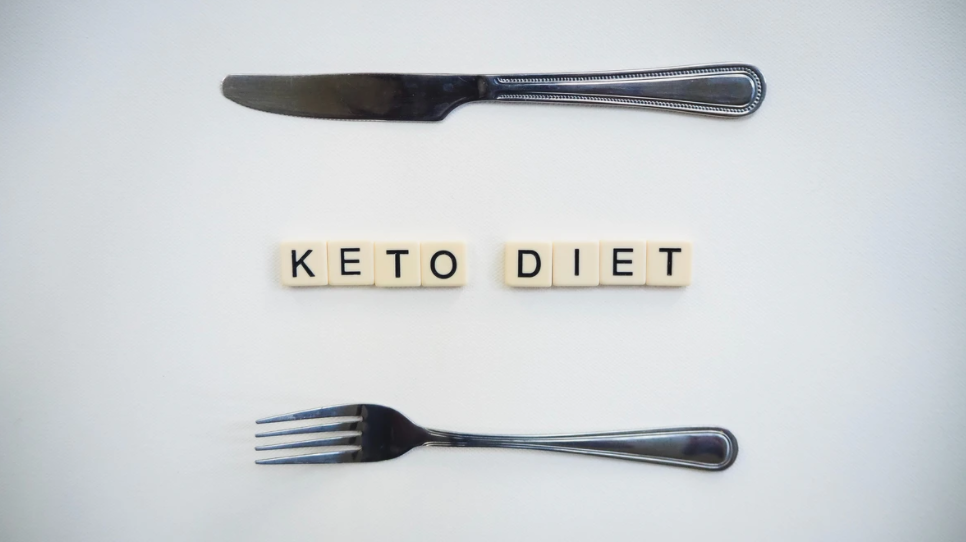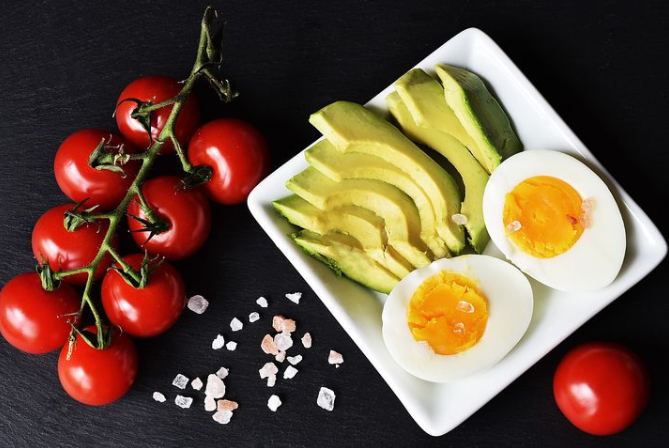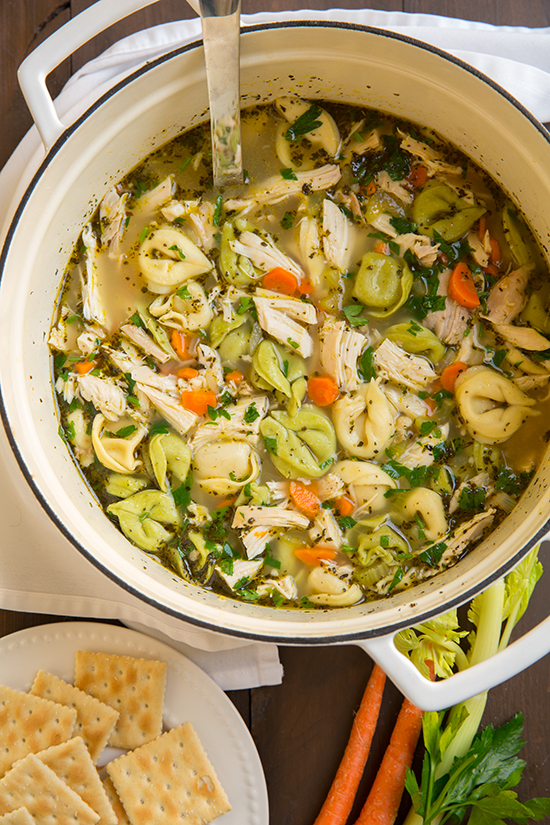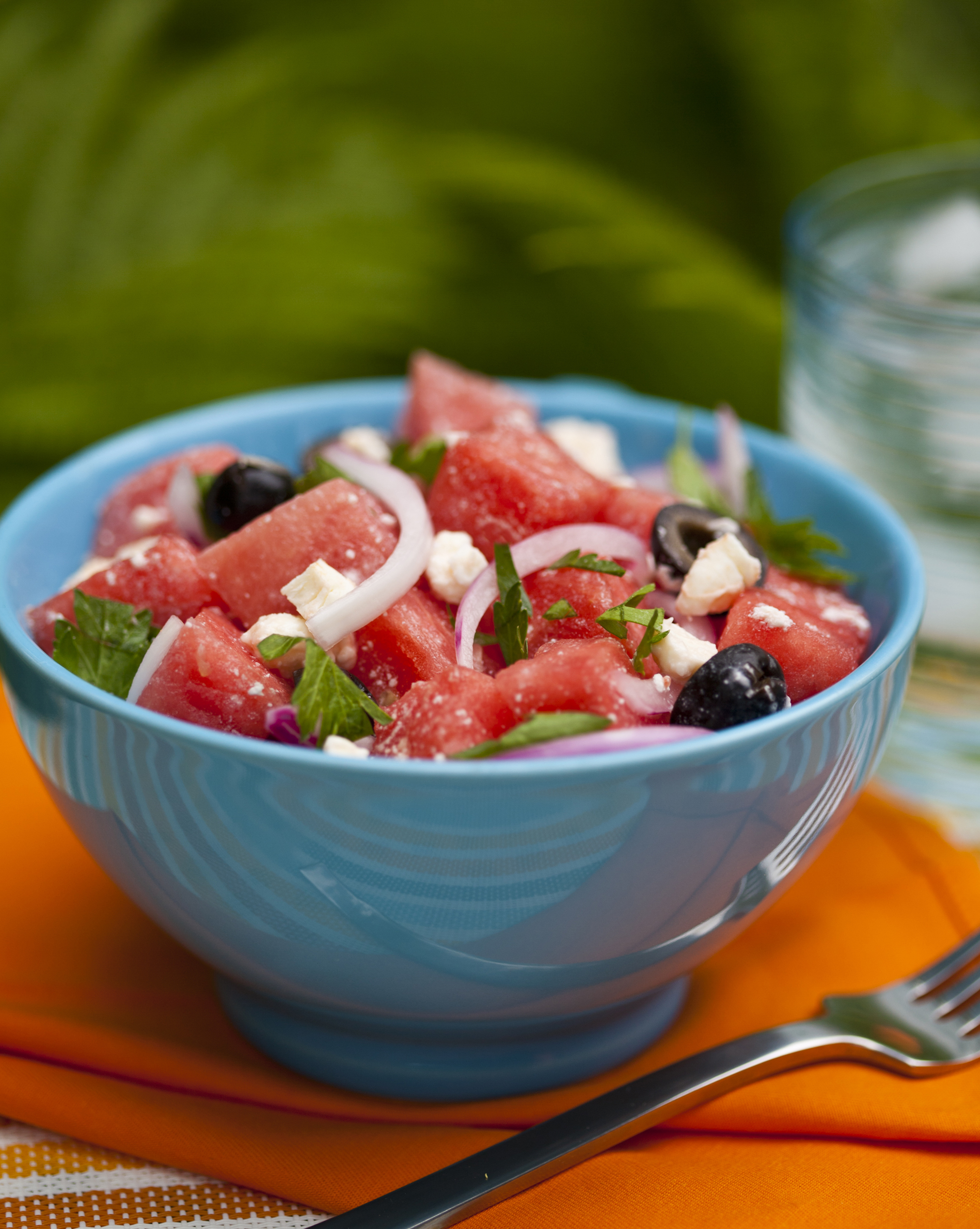Keto Diet Tips: What You Can And Can’t Eat To Avoid Ruining Your Progress

Thinking about going on a keto diet? Here are some tips!

Photos By: Unsplash
A team of physicians at John Hopkins created the keto diet in 1920 to treat epilepsy. Since then, the ketogenic diet has been shown to have numerous health advantages. Furthermore, several folks have had incredible weight loss. Because a proper ketogenic diet incorporates moderate amounts of protein, your fat consumption is reduced.
The ketogenic diet restricts various foods that people eat regularly to boost fat intake and decrease carbohydrate consumption drastically. When following, it’s critical to make sure that carbs are kept to a minimum so that the body may enter ketosis and begin burning fat for energy. As a result, you must pay close attention to what you eat. The keto-friendly foods and those that aren’t are listed below.
What To Eat On A Keto Diet
You’ve decided to try the keto diet to lose weight. If you’re looking for a sweet treat, you might come across Quest Bars and wonder, are Questbars keto-friendly? Yes, because they give the required nourishment without increasing carbohydrate intake. Here’s a list of all the low-carb, keto-friendly foods you can consume when you’re on the keto diet.
Fish and SeaFood
Fish and seafood are excellent keto foods. The majority of them are carb-free or have a shallow carb content. Vitamins, minerals, and omega-3 fatty acids can all be found in fish and shellfish. Furthermore, eating fish regularly has been related to a lower risk of disease and better cognitive function. The American Heart Association suggests eating 1 to 2 seafood every week.
Meat and Poultry
On a ketogenic diet, these are considered staple meals. Fresh meat and poultry have no carbohydrates and are high in B vitamins and minerals. They’re also high in high-quality protein, which has been demonstrated to assist in maintaining muscle mass during a low-carb diet. The healthiest option is grass-fed meat.
High-Fat Dairy
The more healthy fat you consume, the better. High-fat dairy products such as butter, high-fat cheese, and high-fat yogurt can all be consumed in moderation. Cooking using heavy cream is possible. Remember not to munch on cheese if you’re hungry, as this will slow down the weight loss process.
Nuts and Seeds
Carbohydrate content is low in many nuts and seeds. Just keep two things in mind. First and foremost, don’t eat too many. For a snack, start with a few or up to 1/4 cup. It’s also essential to choose the right nuts. Cashews, for example, are substantially richer in carbohydrates than pecans or macadamia nuts. On keto, you can eat pumpkin, sunflower, and other seeds.
Low-Carb Vegetables
Non-starchy veggies are low in calories and carbohydrates but high in various nutrients, including vitamin C and a variety of minerals. They also include antioxidants, which help protect cells from free radical damage. Non-starchy vegetables with less than 8 grams of net carbohydrates per cup are ideal. Total carbs minus fiber equals net carbs. Broccoli, cauliflower, green beans, bell peppers, zucchini, and spinach are all excellent choices.
Cheese
Cheese is an excellent fit for the ketogenic diet because it has no carbs and is high in fat. It’s also high in calcium and protein. However, a 1-ounce slice of cheese has roughly 30% of the recommended intake for saturated fat, so watch your quantities if you’re concerned about heart disease.

What Not To Eat On A Keto Diet
Starchy Veggies
Avoid root foods such as sweet potatoes and turnips, and instead, focus on non-starchy veggies. Because of the high glucose level, the high content of ground vegetables is a concern.
Fruits
Due to the sugar content, this is self-evident. You are allowed to eat once in a while, but not daily. You can still consume berries if you’re a fruit addict, but you’ll have to limit your intake.
Grains
Because all grains are primarily composed of carbohydrates, avoiding grains is the simplest and most effective strategy to maintain a low-carb diet.
Sugar
Sugary foods are restricted on almost all diets, and keto is no exception. Soda, candies, sports, beverages, cookies, biscuits, desserts, cakes, pastries, and ice cream should be avoided.
Beverages
A lot of diets will tell you to stay away from alcohol. On keto, you have to worry about the carbs in the drinks you eat because you’re watching your carb consumption. That usually means no beers, ciders, or liqueurs for you.
Finally, you should always prioritize consuming whole, unprocessed foods. The foods you’ll need for your keto diet plan shouldn’t even have an ingredient list. To get the most out of your Keto diet, limit yourself to 20 grams of carbs per day. If you’re still adjusting, aim for less than 100 grams of carbs each day at the very least.






